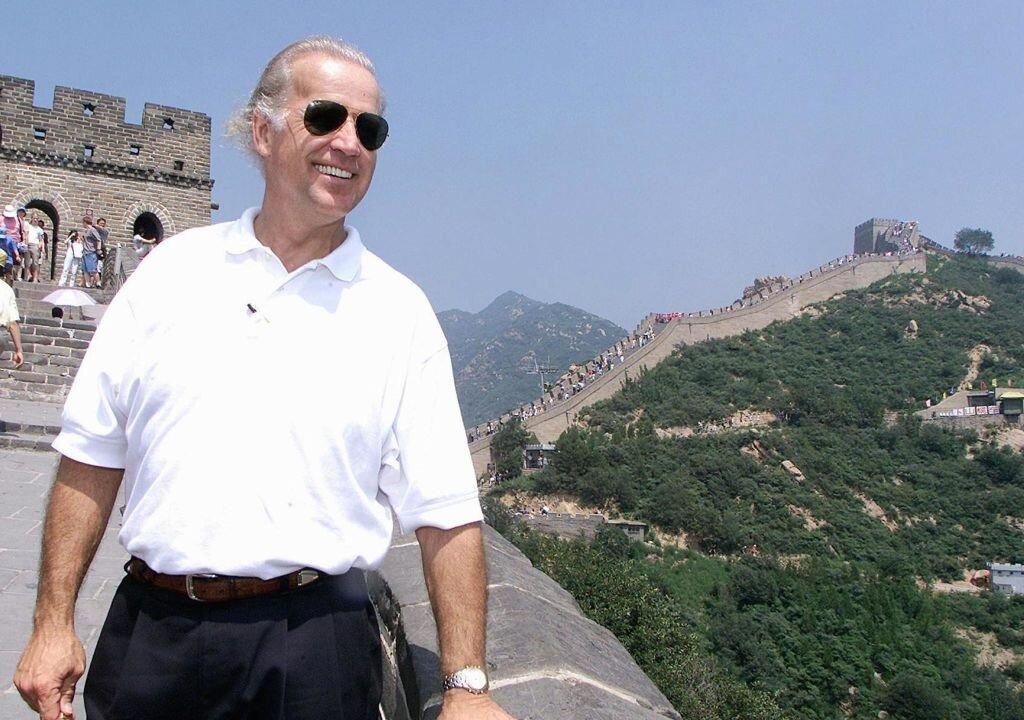Democratic Party presidential nominee and former Vice President Joe Biden has long championed more engagement with China, dating back to when he was a U.S. senator representing Delaware.
Meanwhile, his son Hunter Biden was involved with a Chinese state-backed private equity firm that made a range of investments in Chinese firms, some of which have close ties to the regime in Beijing.





